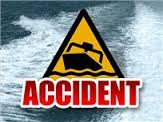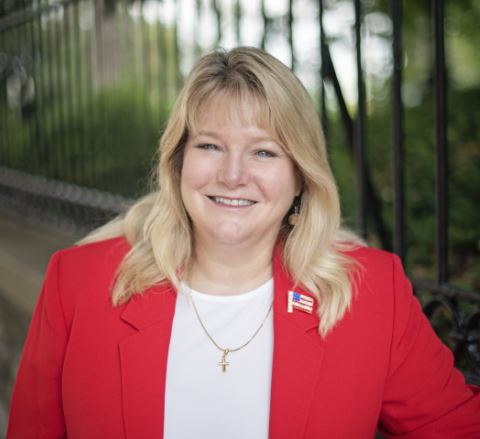Iberia Rural Fire District Conducts Training Nights To Prepare For Unexpected Issues
The Iberia Rural Fire Protection District is conducting training exercises on the first Thursday and third Tuesday of every month.
Volunteers will meet at the fire station located at 200 Firehouse Lane. Iberia Fire Chief Greg Onstott says that they need to be familiar with all the different types of emergencies that they may have to respond to. Not just house fires, buy many other things. Ostott says most training nights will start with in classroom training.
There will be drawings on the board, PowerPoints, and training videos. Iberia volunteers will follow that up by training outside and drills.
In November the training focused on the many aspects and importance of ventilation they’ve had to extricate people from burning vehicles.
Onstott says the training really helped in those instances.
Volunteers can earn their Firefighter 1 certification by taking classes through the state training center or university and state fire marshal office instructors.
For more information visit http://www.iberiafire.org.
***Press Release***
When a call comes in, Iberia Rural Fire Protection District volunteer firefighters must be prepared to respond to a wide variety of emergency situations, ranging from fire response to medical rescue. That is why the fire department’s bi-monthly training nights are crucial in preparing volunteers for the unexpected.
“We need to be familiar with all the different types of emergencies that we may be required to respond to,” said Iberia Fire Chief Greg Onstott. “It’s not just a house fire, it’s many other things.”
Training nights at Iberia begin at 6:30 p.m. on the first Thursday and third Tuesday of every month, with volunteers meeting at the fire station located at 200 Firehouse Lane.
“On most training nights we will begin with an in-classroom type of training,” said Onstott. “We’ll go over what we are going to talk about and then do whatever verbal training we need to do as far as presentations go.”
This may include drawing on the board, PowerPoints, and training videos. Following the classroom discussion, Iberia volunteers will typically go outside and conduct practical training based on the topic discussed during the in-class lesson.
The topics discussed and drills conducted on training nights vary and are determined by Chief Onstott and his team of officers.
“Typically we share that responsibility with the officers,” said Onstott. “However, as chief, I sometimes may pull rank, and if I see something that we need to touch on, such as a call we weren’t quite sure on how to handle, we may change things up a little bit. But for the most part they are predetermined, and we share ideas.”
A recent training night held in November covered the topic of ventilation.
“Ventilation removes the smoke and heat from the structure,” said Onstott. “Most structure fires require some type of ventilation, especially if it’s early on in the fire and the house or building is full of smoke.”
In November, volunteers had the opportunity to practice ventilation on the roof of an old one-story house that was going to be demolished. Using powerful vent saws, volunteers cut through the metal roof to practice controlling air flow.
Not only can training enable volunteers to respond more efficiently, it can also save lives.
“We’ve had some vehicle extrications that were pretty complex and difficult,” said Onstott. “The training that we had has really helped in those instances.”
Volunteers at Iberia can earn their Firefighter I certification by taking classes through the state training center or university and state fire marshal office instructors. Iberia is fortunate to have two volunteer firefighters, Matt Gruber and Josh Pryor, who are university instructors.
“They really help bring expertise and knowledge on different types of subjects to our department,” said Onstott.
Iberia Rural Fire Protection District provides training and gear to all volunteers and is seeking to fill positions as firefighters, administrative volunteers, firehouse maintenance and cadet volunteers (13-17 years old). For more information or to fill out an inquiry form, visit www.iberiafire.org.



